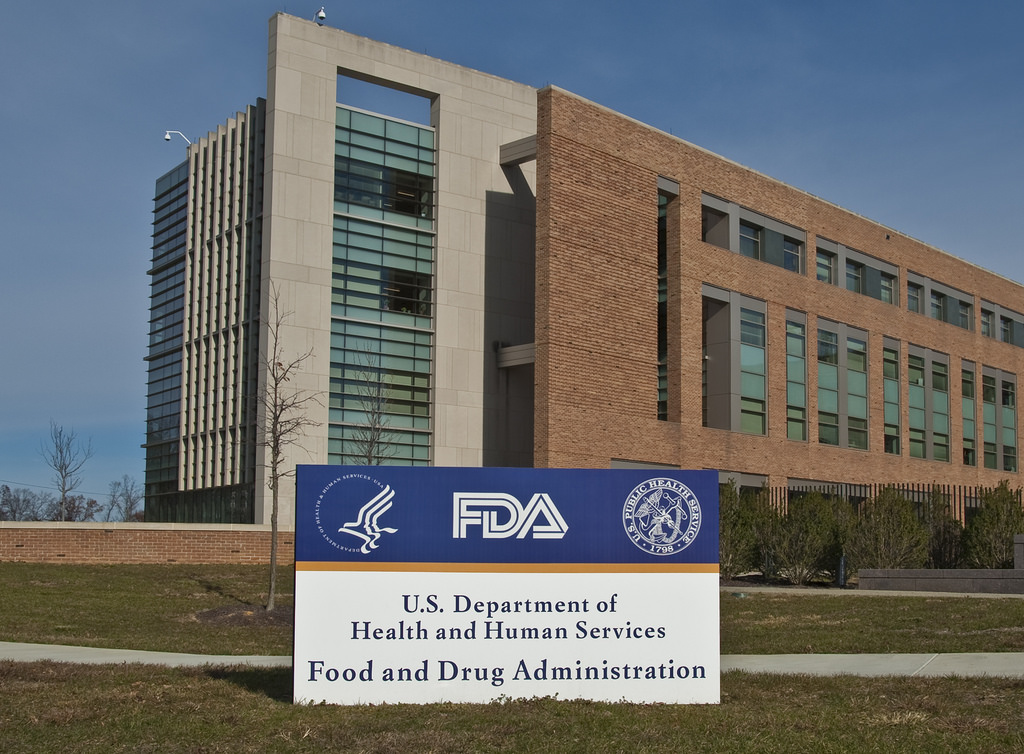Aggregated News

The Food and Drug Administration’s move to allow 23andMe to screen people for breast cancer risks may unleash a flood of new direct-to-consumer genetic tests.
But some genetic experts and members of the medical community are raising concerns about whether consumers can truly understand the test results — and how they will handle such sensitive information.
Emily Drabant Conley, 23andMe’s vice president of business development, called the FDA’s decision this month to let the private company offer the country’s first and only direct-to-consumer genetic health risk test for cancer an “enormous win.”
The company is hoping to expand its genetic testing offerings to allow people to understand more about how their DNA affects the risk of developing a certain disease.
“We as a company absolutely want to continue expanding. There are still things that are not in the product today where genetics can be quite informative to consumers,” Drabant Conley said. “We are absolutely in the process of working to get more reports cleared through the FDA on a variety of topics we know consumers care about.”
Rep. Thomas Massie (R-Ky.)...



